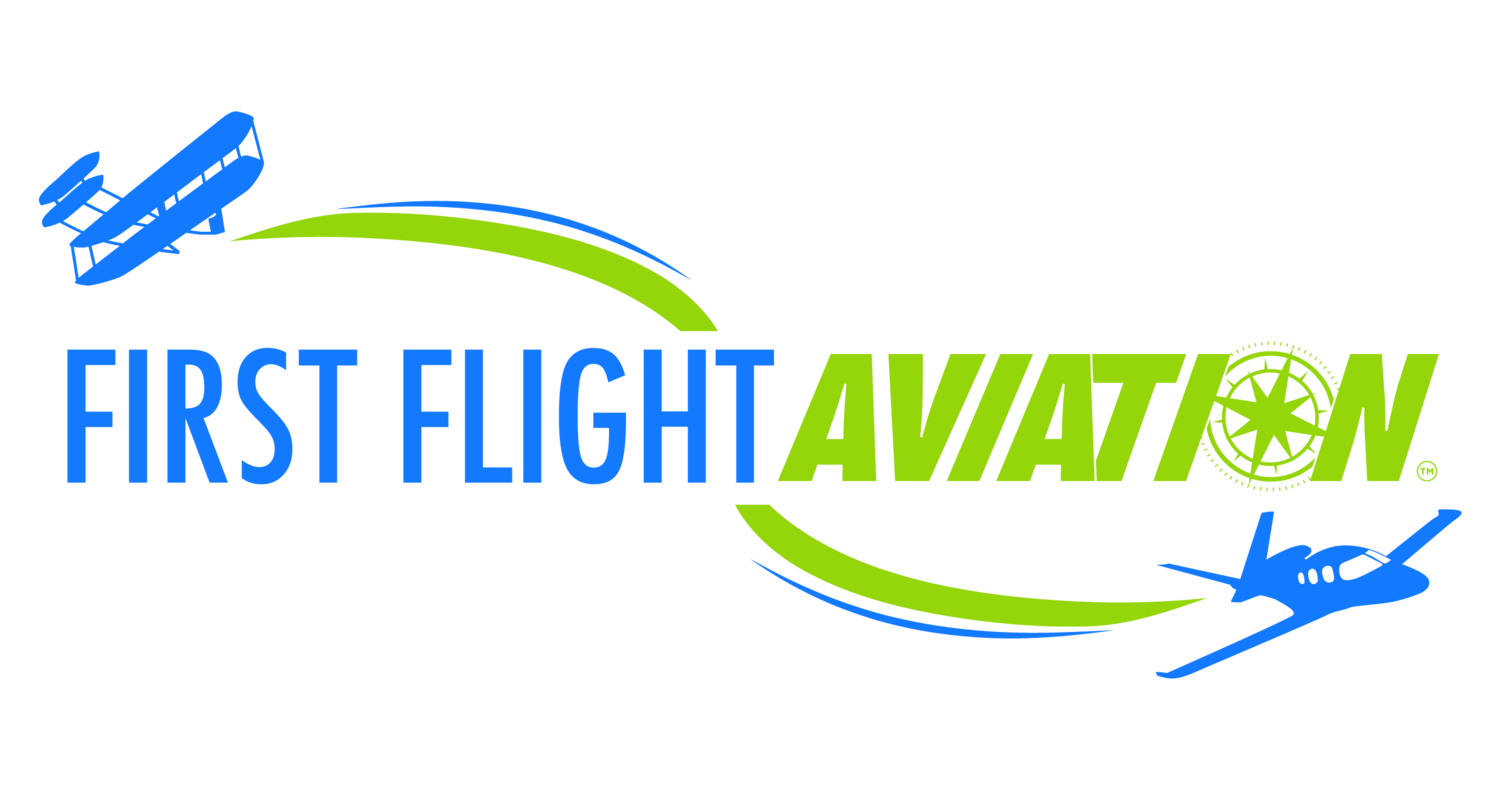 As winter blankets the landscape in a shimmering coat of frost, the aviation industry faces unique challenges in maintaining aircraft to ensure safe and efficient operations. Winter weather introduces a myriad of factors that can impact the performance and safety of aircraft. Here’s a comprehensive guide on what you need to know about aircraft maintenance during the winter months.
As winter blankets the landscape in a shimmering coat of frost, the aviation industry faces unique challenges in maintaining aircraft to ensure safe and efficient operations. Winter weather introduces a myriad of factors that can impact the performance and safety of aircraft. Here’s a comprehensive guide on what you need to know about aircraft maintenance during the winter months.
Call First Flight Aviation! (937) 885-5580
1. Cold Weather Impact on Aircraft Systems
Winter weather can be harsh on aircraft systems, affecting everything from engines to avionics. The drop in temperature can cause oil to thicken, making it harder for engines to operate smoothly. Additionally, cold weather can impact battery performance, leading to potential issues during start-up. Understanding these temperature-related effects is crucial for developing a proactive maintenance strategy.
2. Deicing Procedures and Equipment
One of the most critical aspects of winter aircraft maintenance is the proper implementation of deicing procedures. Accumulation of ice on aircraft surfaces, especially wings and tail surfaces, can severely compromise aerodynamics. Ensuring that deicing equipment is in optimal condition and that crew members are trained to perform deicing procedures is essential. Regular inspections and testing of deicing systems are imperative to guarantee their functionality when needed.
3. Corrosion Prevention
Winter not only brings cold temperatures but also increased humidity, which can lead to corrosion. Aircraft exposed to snow, ice, and salt can suffer from corrosion over time. Implementing robust corrosion prevention measures, such as protective coatings and regular inspections, is vital. Aircraft components, especially those made of aluminum, are susceptible to corrosion, and preventive maintenance can significantly extend their lifespan.
4. Fuel System Considerations
Cold temperatures can cause water vapor in the air to freeze within an aircraft’s fuel system, leading to potential blockages. This can be a serious safety concern, as it can result in engine failure. Regular checks on fuel quality and moisture content, along with proper storage procedures, are crucial in preventing issues related to the fuel system during winter. Fuel additives that prevent freezing should be considered as part of the winter maintenance routine.
5. Tire and Brake Inspections
Winter weather conditions can impact the condition of an aircraft’s tires and brakes. Cold temperatures can lead to tire deflation, affecting the aircraft’s overall performance during takeoff and landing. Additionally, icy runways can pose challenges for braking systems. Regular inspections of tires and brakes, including checking for wear and tear, are essential to ensure optimal performance and safety during winter operations.
6. Avionics Calibration and Testing
Extreme cold can affect the accuracy and performance of avionics systems. Calibration issues may arise, leading to inaccurate readings and potential safety hazards. It is crucial to conduct regular calibration and testing of avionics equipment during the winter months. This includes communication systems, navigation instruments, and electronic flight displays. Ensuring that avionics systems are functioning correctly is paramount for safe and efficient winter flights.
7. Cabin Heating and Pressurization Systems
Passenger comfort and safety are of utmost importance, especially during winter flights. Maintenance of cabin heating and pressurization systems is essential to prevent issues such as insufficient heating or loss of pressurization. Cold temperatures at high altitudes can exacerbate these issues, making regular inspections and testing imperative. Addressing any malfunctions promptly is crucial to guarantee the well-being of passengers and crew.
8. Pilot Training and Awareness
While not a part of the physical maintenance routine, educating pilots about winter-specific challenges is crucial. Pilots should be well-versed in cold weather operating procedures, emergency protocols, and the nuances of flying in winter conditions. Continuous training and awareness programs ensure that flight crews are adequately prepared to handle the unique challenges posed by winter weather, contributing to overall aviation safety.
Summary
Winter brings a set of challenges that demand meticulous attention to aircraft maintenance. By understanding the impact of cold weather on various systems, implementing effective deicing procedures, preventing corrosion, and conducting thorough inspections, the aviation industry can navigate the winter months with confidence. Prioritizing winter-specific maintenance measures ensures that aircraft remain reliable, safe, and ready to face the unique challenges posed by the frosty season.
Need a Fixed-Base Operator in Dayton, OH?
First Flight Aviation is a Fixed Base Operator “FBO” located at Dayton- Wright Brothers Airport in Dayton, OH established in 1981. We are an FAA-certified repair station and a Cirrus-authorized service center (ASC) for the Cirrus Owners and Pilots Association (COPA). We offer full FBO services for your aircraft maintenance, working on turbine prop engines, JET aircraft, and reciprocating engines. Our facilities include a 17,000 square foot hangar with 30 feet of vertical clearance, corporate offices that are available for rent, a convenient pilot’s lounge, a full-service line department, a full avionics shop, sheet metal shop, and passenger lobby. Call us today to make an appointment!
